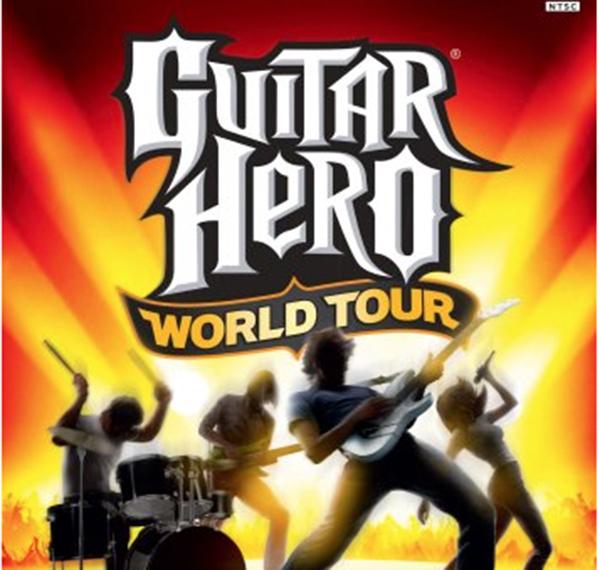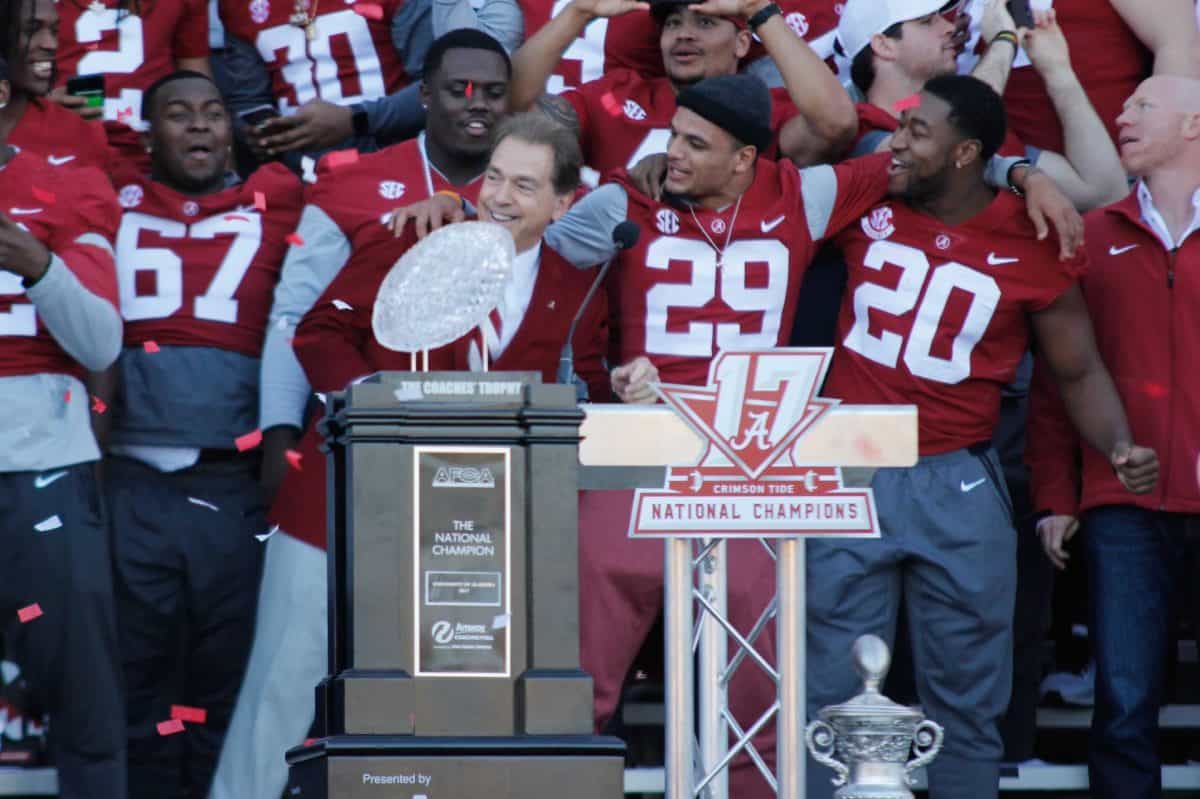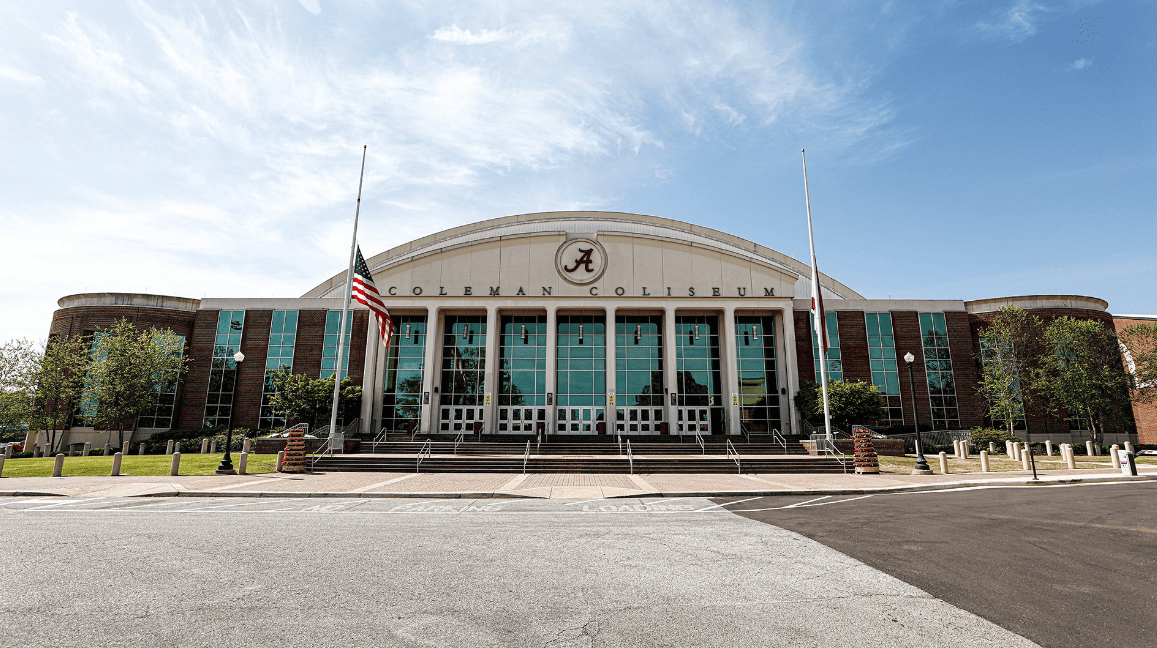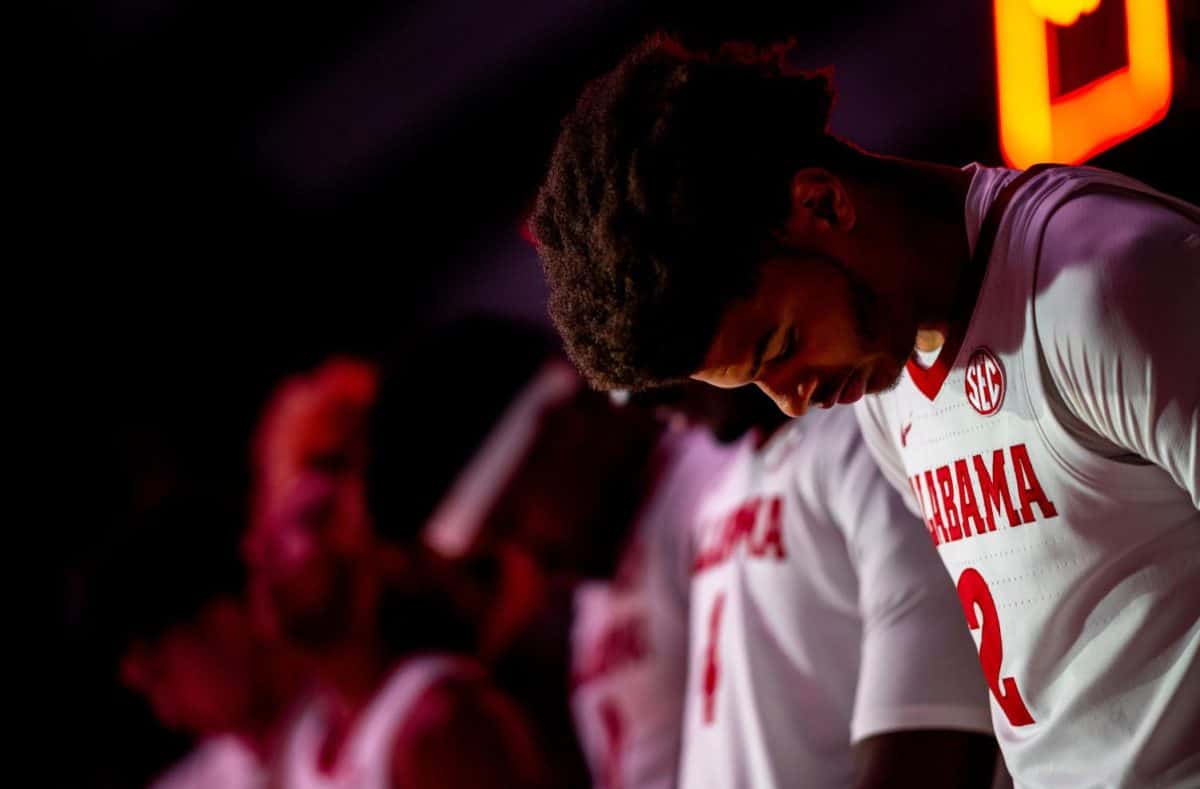“Something touched me deep inside the day the music died,” wrote musician Don McLean in the song “American Pie,” but those words easily describe the state of the music game genre.
Like the musicians they were trying to emulate, franchises “Guitar Hero” and “Rock Band” were flying high on popular sales in 2008. Pressing an assortment of color-coded buttons, people could play music or at least pretend to play popular music. Everyone wanted to pretend to be a rockstar. It was a bonding agent bringing together both family and friends.
Pushing sales to nearly $2 billion, there didn’t seem to be an end in sight to the music gaming mayhem, but as the case with all fads, the glamor faded and people soon lost interest in music gaming. The franchises fell from the spotlight as washed-up has-beens that soon vanished from the public view.
For the past five years, people’s plastic guitars and drums have been gathering dust in attics and garages. Former pretend rockstars shouldered on toward fast-paced first-person shooters and role-playing games, but developers Harmonix and Activision are hoping to change that.
The first “Guitar Hero” game and its sequel, actually developed by Harmonix before they moved on to create “Rock Band,” was an innovative game that offered people a fresh experience. The original “Guitar Hero” was a party game where everyone could and did have fun. It was a test of skill but easy enough that it appealed to hardcore and casual gamers.
Over time, both companies lost sight of that fun factor and the magic that made the first game so special. Both franchises over-saturated the market with plastic guitars, drums and microphones. Several were released with each game, and sequels were quickly pushed to outdo each other.
The music game genre became a Cold War between two rival companies. If “Rock Band” had drums and a microphone, “Guitar Hero” had to have drums and a microphone. If “Guitar Hero” was releasing a sequel, “Rock Band” was also going to release a sequel.
Will history repeat itself? Both franchises have a second chance to capture gamers’ attentions, but will the genre devolve into another convoluted rivalry? The fact that both franchises announced their return around the same time suggests as much, but only time will truly tell.







